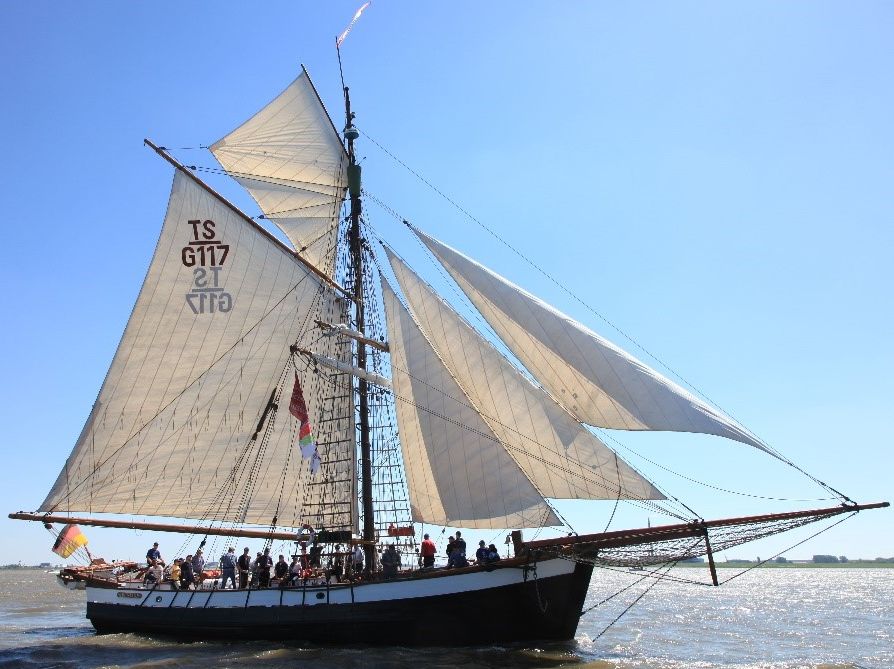ESKA

Microbial fuel cell for energy-efficient treatment of ship wastewater
The aim of the project is to demonstrate for the first time the suitability of the microbial fuel cell as an innovative technology for the sustainable and reliable treatment of grey and black waters on recreational boats and seagoing vessels. The potential advantages of a microbial fuel cell compared to the technologies currently used on seagoing vessels include, in particular, reduced energy requirements for wastewater treatment, as energy-intensive aeration of the wastewater can be dispensed with. Furthermore, we expect reduced sludge accumulation and thus reduced maintenance requirements. In addition, the process promises enhanced elimination of nitrogen compounds that contribute to water eutrophication, and the possibility of enduring even longer periods of standstill. This is an important aspect, especially when used on irregularly used recreational boats.
Within the framework of the 3-year project, a corresponding demonstration system for real operation on board is to be developed, characterised in detail, and compared with conventional methods for ship sewage treatment. The historic sailship "Grönland" is available as the test carrier. She was the ship of the First German North Polar Expedition in 1868 and now belongs to the fleet of the German Maritime Museum/Leibniz Institute for Maritime History in Bremerhaven. As a former research vessel and Germany's oldest seagoing ship still sailing regularly, the "Grönland" is internationally renowned and thus also an ideal ambassador for the use of innovative technologies to make maritime shipping sustainable. In addition, the use of the technology on houseboats and recreational crafts operated in freshwater will be investigated and evaluated in terms of practical feasibility.

![[Translate to English:] Zur Startseite des Fachgebiets Umweltverfahrenstechnik](/fileadmin/user_upload/fachbereiche/fb4/uvt/LOGO/UVT-Logo-Webseite.png)


